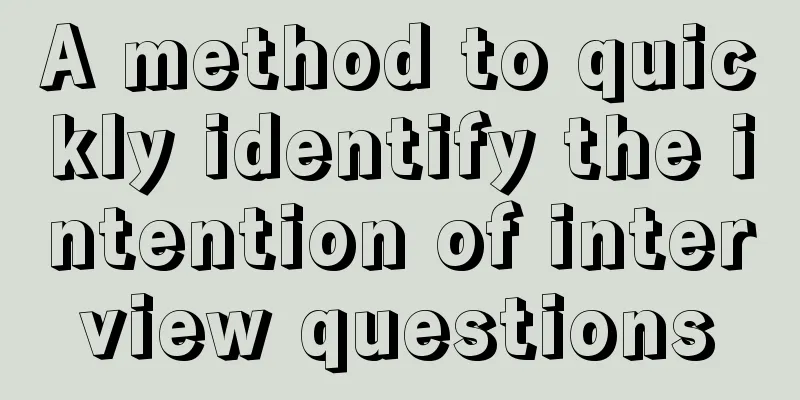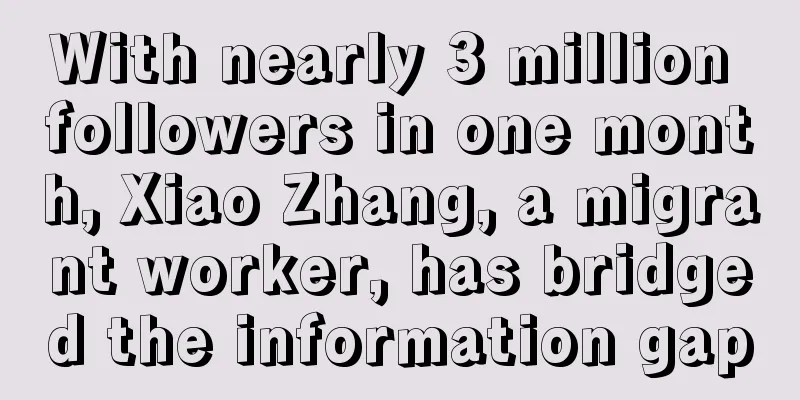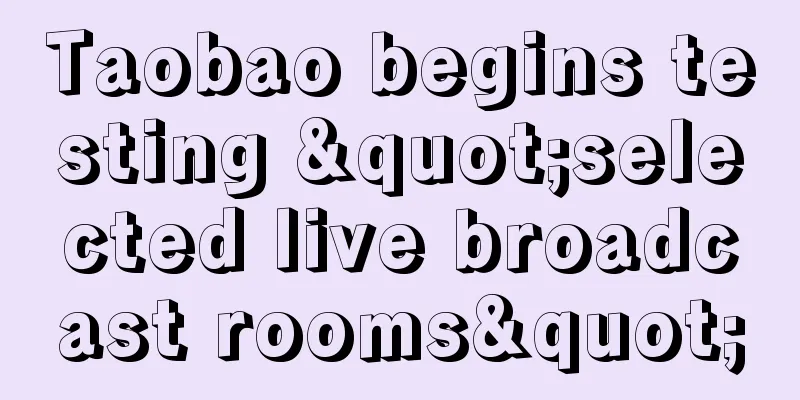A method to quickly identify the intention of interview questions

1. Some difficult problemsIn job interviews, you will often encounter some difficult questions. When faced with such questions, either your communication skills are strong enough to handle them, or you have to rely on the "routines" taught by interview coaches to deal with them. But after all, there are so many different kinds of questions, and it is really difficult to prepare reliable answers for all of them. Therefore, the best way is definitely to figure out what the interviewer is testing, and then combine your own strengths to give a perfect answer. In this way, it will be easier to answer. 2. Is there such a magical method?Yes, I recently saw a statement that seemed quite reasonable. I think it can be used as a way to deal with interview questions. When HR examines whether you are suitable for this job, they mainly look at two points:
If your value minus the risk is higher than others, then you have a greater chance of being hired. Your value includes skills, work habits, experience, etc. Your risk includes personal planning, career stability, personality, etc. Knowing this, many strange-sounding questions can be easily solved. 3. Measuring RiskFor example, when someone asks you what your shortcomings are , they are actually mainly measuring the risks . So, you have to find some shortcomings that are not too relevant to your work output and try not to affect your normal work. Some interviewers ask you why you left because they are considering the risk and are worried that you will change jobs for some reason. Therefore, when answering, you should minimize the risk and show that your career stability is fine . You can say that it is your career planning, personal development, etc. If you are ambiguous, you will easily be considered as someone who left impulsively. Some questions are about your personality traits , how others evaluate you, etc. In fact, this is also to examine whether you can quickly integrate into the team, play your value, and whether your personality problems will bring risks to your work. Once you understand these purposes, you can find out the personality traits that match the target position and explain them. If you know what the interviewer wants to know, it will be easier for you to answer. Author: Jason; Source public account: Ternary Variance (ID: 686668) |
<<: Oriental Selection went to work for JD.com, but can this solve its growth anxiety?
>>: How can crowd brands increase their business?
Recommend
Why can’t you improve your efficiency? Because you lack task-oriented thinking
This article starts from the perspective of doing ...
There are tens of millions of brands that skirt the line, why is Coco Tree the only one that isn’t criticized?
There are many marketing methods. Coconut Tree is ...
What are the Korean shopping websites? Here are 10 shopping websites!
Our domestic shopping websites include Taobao, JD....
How many products should I upload to a new Shopee store? What should I pay attention to?
After merchants choose to open a store on the cros...
Soy sauce latte, that’s it?
Jiangxiang Latte is a hit! The topic has even spre...
How does Pinduoduo test images, models and links?
Master the skills of testing images, models and li...
How to do Lazada? How to operate it well?
There are now a lot of merchants engaged in cross-...
Snack shops that “occupy” towns
In today's rural market, competition among sna...
They said: Graphics and text self-media is no longer viable
Does self-media still have a chance? Many companie...
What are the names of Amazon Prime exclusive discounts? What are the discounts?
Friends who shop on Amazon also know that as a cro...
What are the Amazon advertising combination strategies? Share the three major advertising combination strategies
There are many merchants who have opened stores on...
Ten thousand words analysis | How do brands use celebrity and influencer marketing?
On March 30, 2023, the Beijing Municipal Market Su...
What is the difference between advertising and content?
This article specifically introduces the relations...
WeChat Store Distribution, Showdown
A series of recent actions by WeChat Stores, espec...
How long does it take for Shopee to ship? What are the rules?
Shopee is an e-commerce platform in Southeast Asia...









